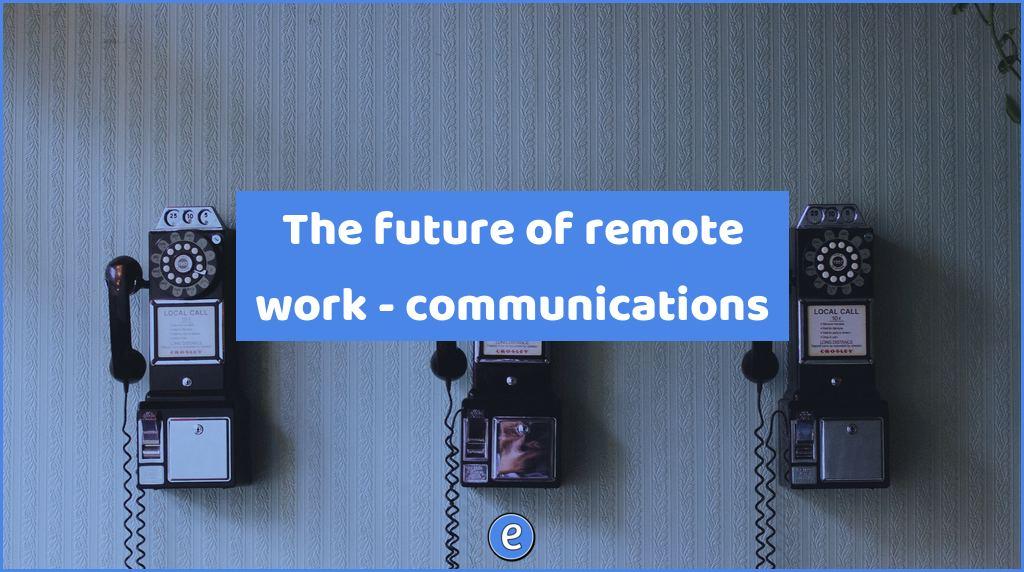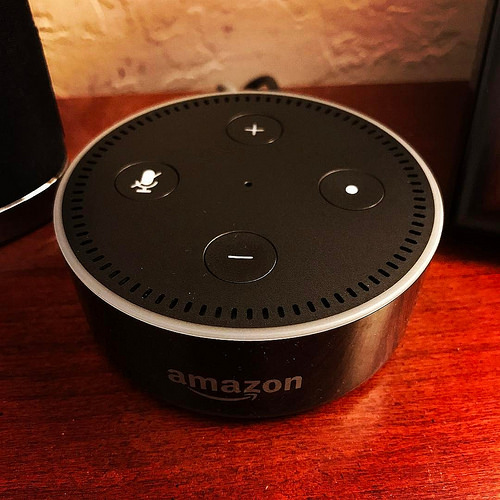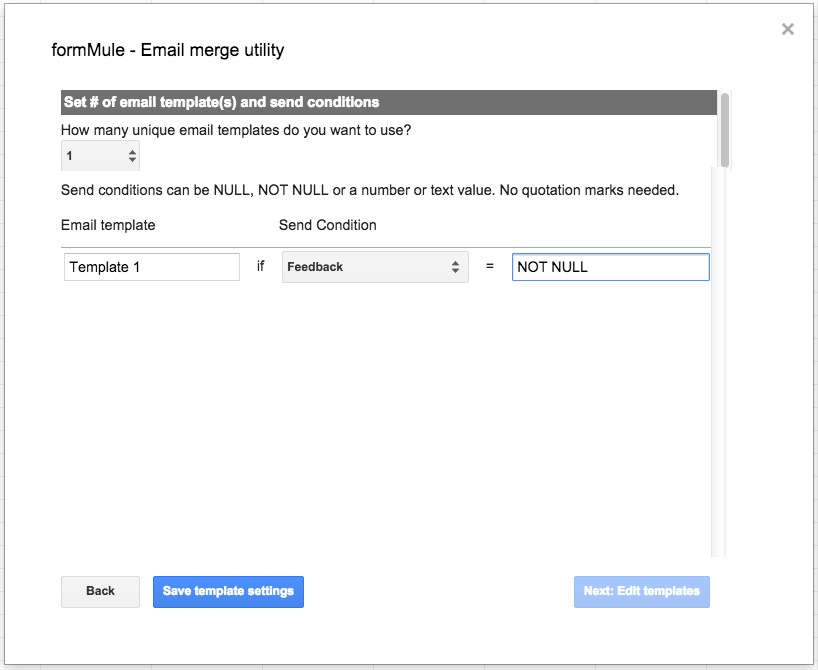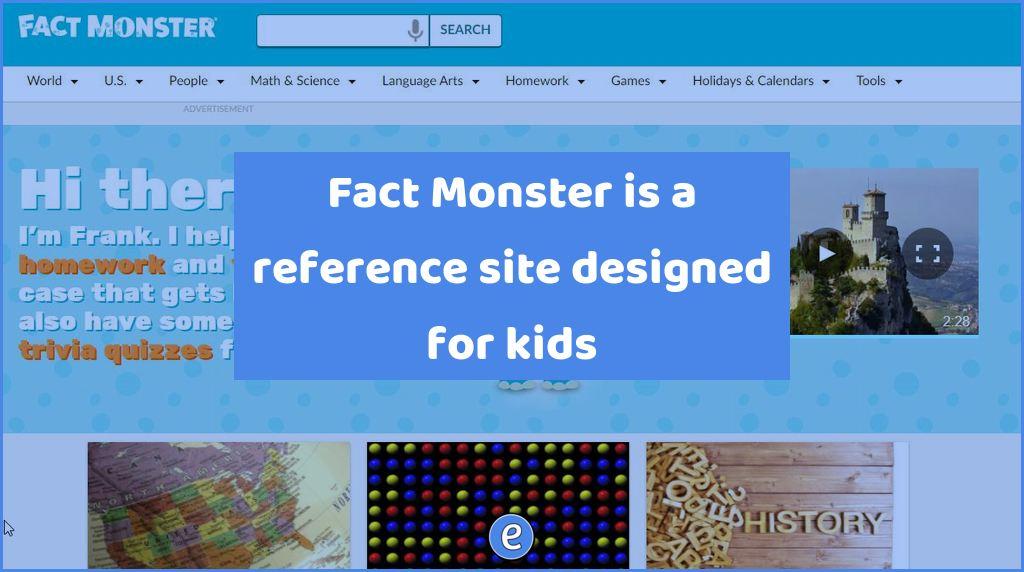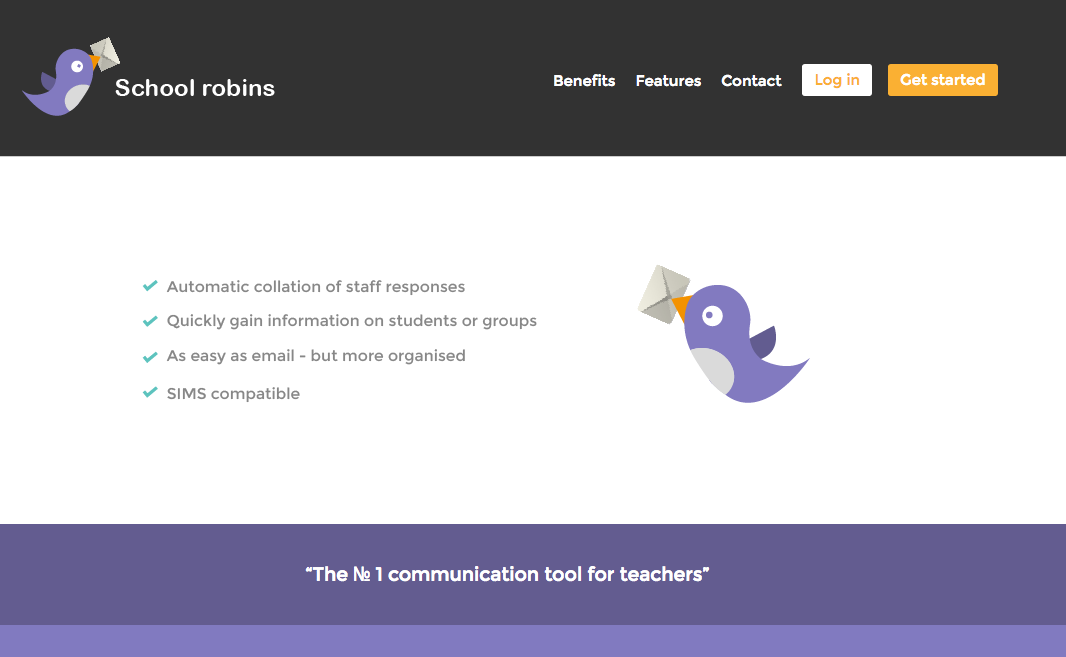The future of remote work – communications
Imagine waking up to 20-40 red numbers of unread messages in Slack. Almost all with the expectation of doing something about them as soon as possible. Or having to check them to see what’s urgent and what’s not.
This creates stress. Stress doesn’t make you productive. Not being productive means you are not happy.
Source: Basecamp’s chat sucks – HeavyMelon Blog
Everyone is looking for the Easy Button, but it doesn’t exist. Slack wants you to believe that instant messaging is the future of work communications, but I don’t believe that’s true. A new service always pops up, people try it and think, “hey this is pretty cool, so clean and no baggage”. Yeah, there isn’t any baggage because you haven’t been using it yet.
I’m a big believer in setting up processes to handle communications. That’s what I found so satisfying with Basecamp’s communication rules. With procedures, one can be productive in almost any environment. Ars Technica recently posted a description of how they work, and what struck me was the first tool mentioned that they use daily, email.
Though ancient in Internet terms, email has yet to be dethroned as the most accessible and extensible way to send on-record communications between folks in the same office. It functions the same way as memos did in the old days (though you may be forgiven if you’ve never actually seen a paper office memo—I’m 41 and I’ve never seen an actual paper memo in my whole career, unless you count an emailed memo that someone printed out). Unlike instant messaging or hosted platforms like Slack, email is the one piece of messaging technology that you can reasonably expect to work pretty much anywhere and under pretty much any circumstances. Finally, and perhaps most importantly, it’s an asynchronous tool that you can deal with when you have time—there’s no mental pressure to deal with an email the instant it comes in. It’s perfect for compartmentalized discussions that don’t need to happen live.
I’m a big proponent of email, and I probably need to revisit my article on managing your email. It takes an hour to set up, but once done, I can handle all my email without issue. More importantly, I take a cognitive load off of me by using email to remember what I have to do, not me.
My method of communications, in order of use, is as followings:
- Email. Nice, simple, mobile friendly, everyone has an email address. There is no pressure on the reader to respond right away. Email can be scheduled, filed, and searched, quickly.
- Instant messaging. Slack or texting falls into this group. Used if I need a response quickly or what to share something that I don’t care if people miss. This is the biggie, for some reason people think that everyone reads their texts. That’s not true. Plus, there is no way to file or route your texts into a process. I’ve ended up having to copy texts into emails so I have a record and can complete tasks.
I only have three people on my phone with text notifications turned on. For everyone else, the only notification I get is with the icon badge on my phone.
In the past, I was a big proponent of text messaging, but is has delved into a sinkhole of anxiety and non-productivity. Very few messages require an immediate response.
- Phone. And then there is a phone. Unless there is a major emergency, a phone call is disruptive to the caller and the callee. Looking at my iPhone, I haven’t used it as an actual for phone over two weeks. But, that was a very important call, I needed to order pizza.
How do you manage communications and, more importantly, expectations?
